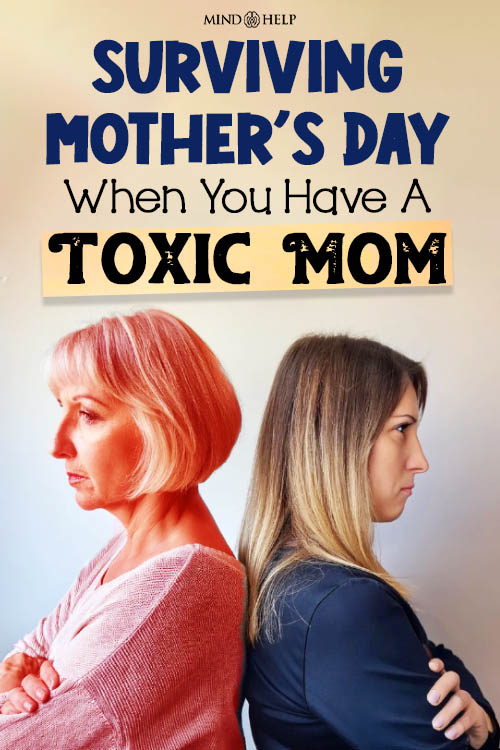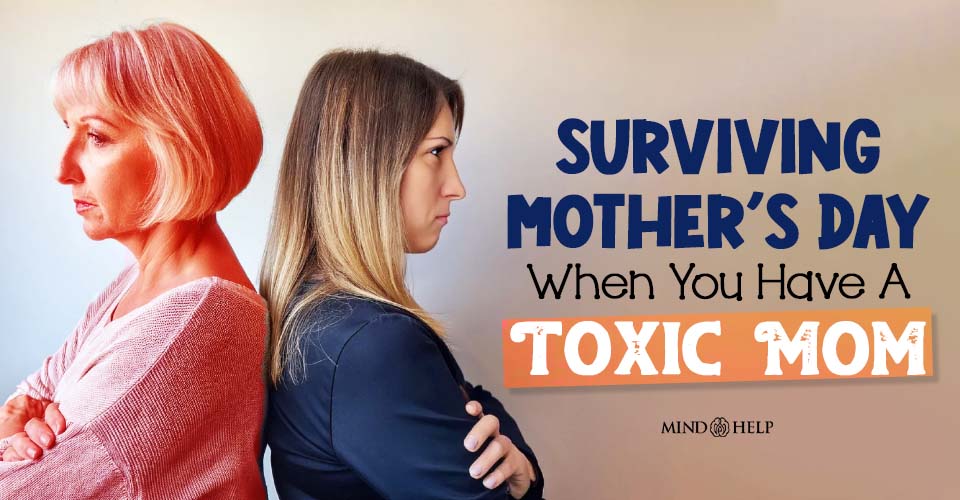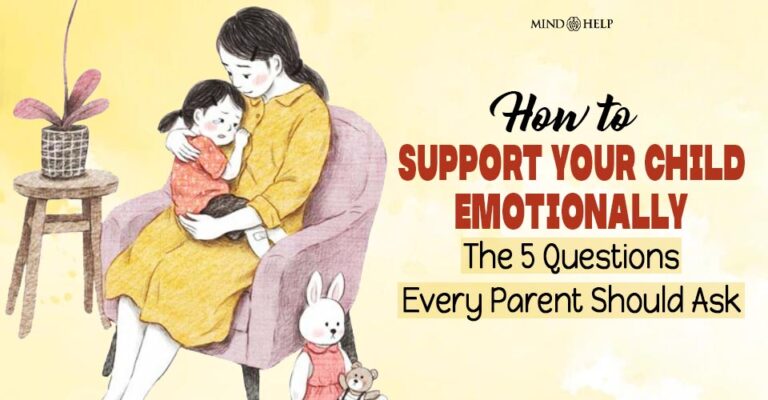As the world prepares to celebrate Mother’s Day 2025 with love and gratitude, not everyone looks forward to this day. For some, the bond with their mother isn’t a source of joy—it’s a source of pain. If you have a toxic mom, Mother’s Day can be especially hard to endure. But you’re not alone, and there are ways to cope with the emotional whirlwind this day can bring.
Why Mother’s Day Can Hurt
Mother’s Day can be difficult for many. Some mourn the loss of a beloved mom, while others grieve for the child they never had. But for daughters and sons whose mothers have been a source of emotional harm, this day may reopen wounds from a painful past.
If you were neglected, ridiculed, scapegoated, or simply unloved by your mother, this holiday can intensify emotions that disturb your mental peace. It can drag you back to a childhood you’d rather forget—a past you didn’t deserve.
Dealing with a toxic mother on Mother’s Day is a major emotional challenge. It takes conscious effort to stop her influence from clouding your emotional sky.
Common Triggers That Make This Day Worse
If you’re still in contact with your mother, you may feel obligated to find the “perfect” gift in hopes it might finally earn her affection. Often, she’ll dismiss your efforts or compare them unfavorably to those of a sibling.
You might also struggle with whether to show affection or gratitude, unsure how to express it without betraying your own truth.
Social media feeds, filled with cheerful posts, glowing tributes, and gift ideas, can feel like salt in the wound.
If you’re a mother yourself, the absence of your mom’s presence in your life might cloud the joy of sharing the day with your own children.
Even casual questions—like “What are you doing for your mom this Sunday?”—can sting, reminding you of the emotional distance and disconnection.
You might feel like the same child you once were—desperate for your mother’s approval, questioning your worth in the process.
But rather than letting this day unravel your peace, consider how to survive it—year by year, one step at a time.
Read: How To Not Be Like Your Mother: Heal Your Childhood Wounds To Break The Cycle
How to Survive Mother’s Day with a Toxic Mom
1. Anticipate the Triggers
Expect to feel triggered—by messages from banks, colleagues buying gifts, nosy relatives, or a sudden phone call from your mom.
Prepare in advance. Plan a short trip, go for walks, talk to a friend or therapist, or start journaling. Having coping strategies in place helps you stay grounded.
2. Identify and Manage Your Emotions
Journaling is a powerful tool. Write down your feelings. Try to name your emotions—grief, anger, frustration, longing.
Ask yourself: Why do I feel this way? Are you still yearning for her approval? Understanding the root of your emotions helps you take control—but don’t get caught replaying past hurt.
3. Let Go of Obligations
You don’t have to take part in the celebration. Honoring a mother who didn’t nurture or protect you isn’t a moral requirement.
If others pressure you, remember: you don’t owe your toxic mother anything—not your time, energy, or emotional labor.
Even if you choose to acknowledge the day, do less. Reflect honestly on your reasons before going out of your way for someone who never did the same for you.
4. Accept the Loss
Acknowledge the painful truth—you didn’t get the mother you needed or deserved. Let your inner child grieve. Consider what she lost by not loving you fully. Accepting this loss can begin to set you free.
5. Set Boundaries and Lower Expectations
Toxic mothers often guilt-trip and manipulate. She might demand to know why you’re not visiting or accuse you of being ungrateful.
But you don’t owe her an explanation. If you choose to spend time with her, enter the situation with firm boundaries and low expectations.
If she starts to act out, quietly leave. Don’t confront her in front of others. You deserve respect—no one, not even the woman who gave you life, has the right to abuse or belittle you.
6. Be Your Own Mother
Healing means reparenting yourself. Celebrate you. Buy yourself flowers. Enjoy your favorite dessert. Visit a gallery or go for a solo walk in nature.
You are not the reflection of her cruelty. Her behavior speaks of her limitations—not yours. Look at what you’ve achieved despite her presence, and be proud of how far you’ve come.
7. Be Where You Feel Safe and Loved
Spend the day with people who bring joy—whether it’s your partner, a friend, or a pet. Visit a place that brings peace, like a lake, park, or quiet café.
Consider unplugging from social media. You don’t need constant reminders of what you didn’t have.
8. Forgive and Move On—If It Feels Right
If your mother has genuinely changed and is making sincere efforts to rebuild your relationship, you may choose to talk with her.
Sharing how her actions impacted you might help create closure. But forgiveness should come from your own readiness—not pressure or guilt. You can also find healing through therapy or conversations with trusted friends.
Read: How Does Childhood Trauma Affect The Brain? 4 Emotional Wounds
Final Thoughts
A toxic mother’s influence can ripple through every aspect of life—your romantic relationships, self-worth, friendships, and career. That’s why healing is essential.
Therapy can give you the tools to break free from this cycle and reclaim your life. No matter your age, healing is possible.
We hope this article helps you navigate Mother’s Day if your relationship with your mom is complicated or painful. You deserve peace, support, and love. Let us know your thoughts in the comments below.
Disclaimer: This article is for informational purposes only and is not intended as a substitute for professional mental health advice, diagnosis, or treatment. While we strive for accuracy, we do not guarantee the completeness or reliability of the information provided. Readers should always seek guidance from a qualified mental health professional for any concerns regarding their mental well-being.








